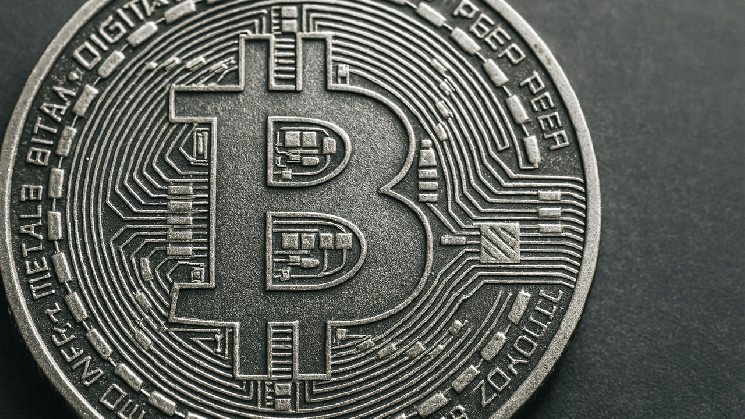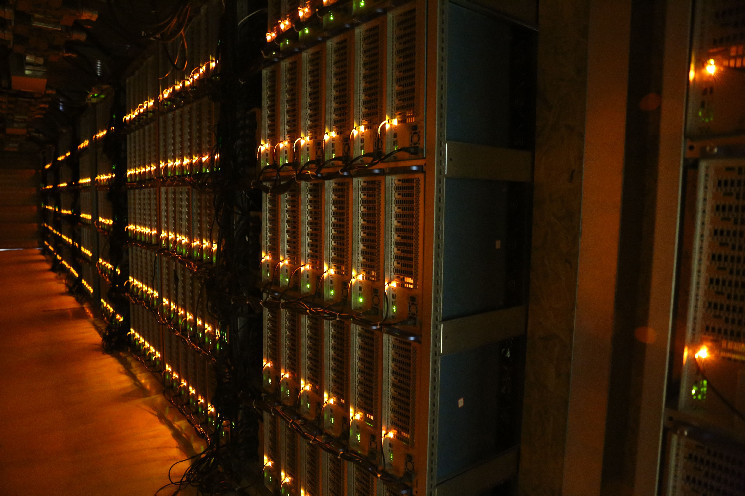Bitcoin Miners Face Delays in Receiving New Equipment in Escalating Trade War: Reports

U.S. Customs and Border Protection are reportedly seizing Bitcoin mining rigs.
Among several promises made to the crypto industry on the campaign trail, President Donald Trump emphasized that he wanted Bitcoin to be “made in the USA.” But the U.S.’s desire to get one up on China may now be hindering this goal.
Customs Hold on To Bitcoin Mining Equipment at Great Cost to Miners
U.S. Bitcoin mining firms are facing significant delays in receiving new equipment amid seizures from Customs and Border Protection under the direction of the Federal Communications Commission, Blockspace reported on Wednesday, February 12.
This report has since been corroborated by Bloomberg on Thursday, February 13.
One source, in particular, has claimed that customs officials are holding up over 2,000 rigs belonging to it.
Most of the seizures appear to be affecting equipment manufactured by Chinese giant Bitmain, the world’s leading producer of Bitcoin mining rigs.
While the reason for the seizures is unclear, miners believe that they are tied to scrutiny of Sopgho, a Bitmain-affiliated chip manufacturer. The company came under scrutiny after one of its chips was allegedly discovered in a Huawei device and has since been added to a restricted U.S. trade list.
Miners say these customs delays started in line with the Sopgho scrutiny and have exacerbated since the firm became blacklisted. This suggests that the customs agency could be trying to confirm whether imported mining rigs contain chips from the restricted Sopgho, though there is no official statement to this effect yet.
Miners have also noted that they are forced to pay egregious fees, sometimes exceeding half a million dollars, on top of the delays, depending on the number of mining rigs and how long they have been held.
These delays and fees, meanwhile, come on top of new tariffs imposed on Chinese imports by Trump.
The situation is concerning for miners as it could impact their competitiveness by limiting access to the latest machinery. This may also have a spillover effect on the health of the Bitcoin network in general, as mining is now concentrated in the U.S. following China’s 2021 crypto ban.
Source: cryptonews.net



